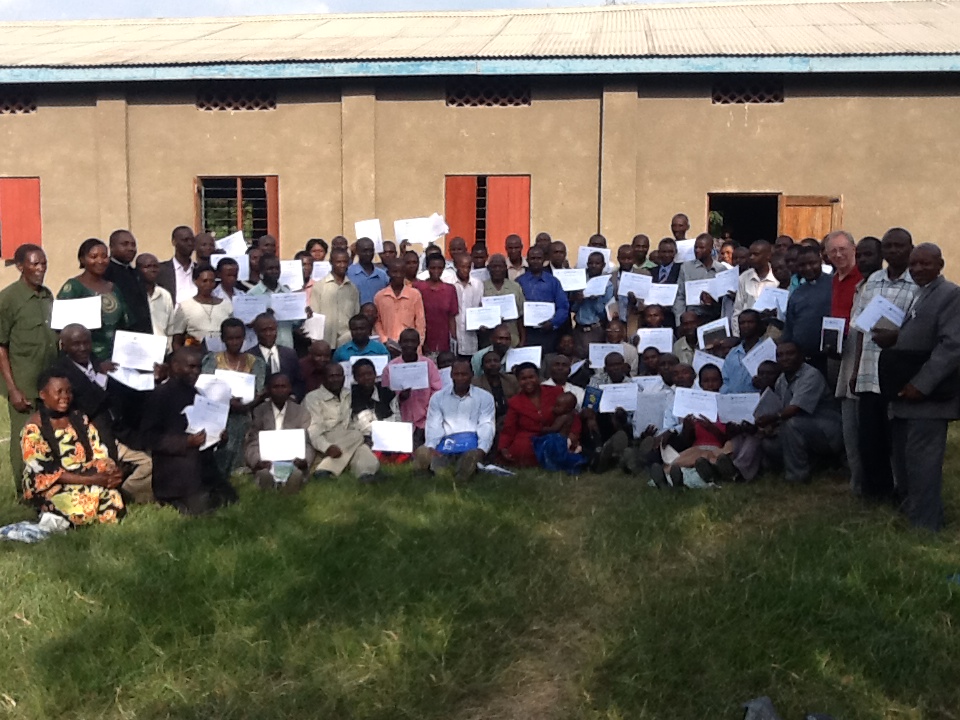
The most recent research in TFT, by R. Howard Robson, Phyll M. Robson, Roger Ludwig, Celestin Mitabu and Caitlin Phillips, has been published in “Science Publications“. Below is the abstract. For the full research paper, click here.
Effectiveness of Thought Field Therapy Provided by Newly Instructed Community Workers to a Traumatized Population in Uganda: A Randomized Trial
Abstract: Thought Field Therapy (TFT) is a promising treatment for posttraumatic stress in a resource poor environment. This study further explores the benefits of this treatment in a rural population in Uganda, which had suffered from the psychological consequences of previous violent conflict. Thirty-six local community workers received a two-day training in TFT trauma intervention and treated 256 volunteers with symptoms suggestive of Posttraumatic Stress Disorder (PTSD) who had been randomly allocated to a treatment or waitlist (control) group. Assessment was by the Posttraumatic Checklist for Civilians (PCL-C). One week after treatment, the treated group scores had improved significantly from 58 to 26.1. The waitlist group scores did improve without treatment, from 61.2 to 47, although significantly less than the treatment group, but improved markedly to 26.4 following treatment. There was some evidence of persisting benefit 19 months later. This study supports the value of TFT as a rapid, efficient and effective therapy, empowering traumatized communities to treat themselves, although repeated treatment may still be needed.






